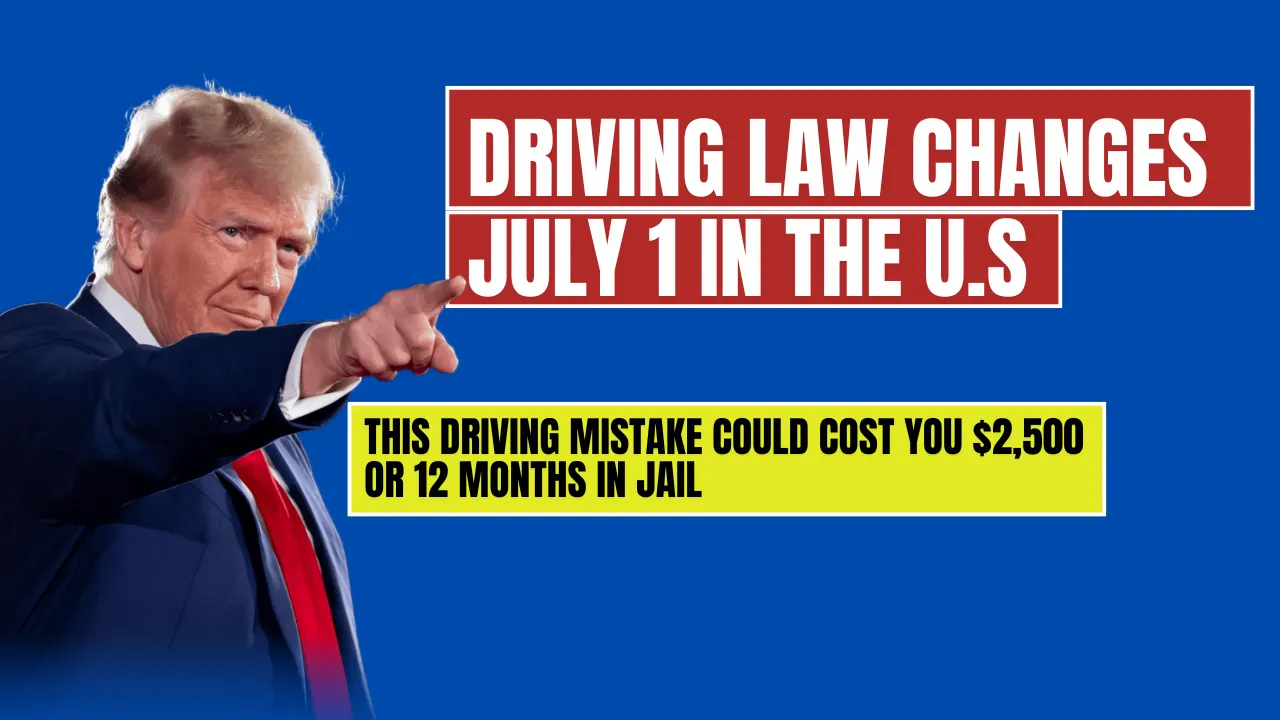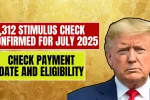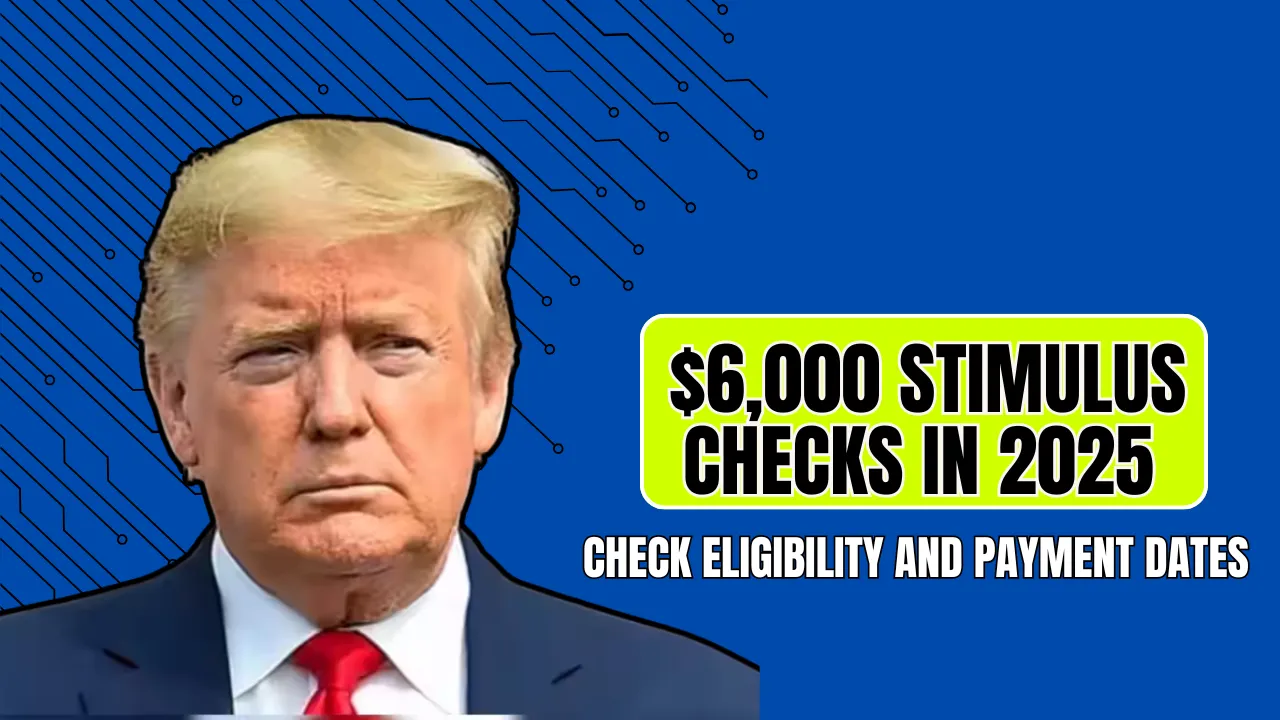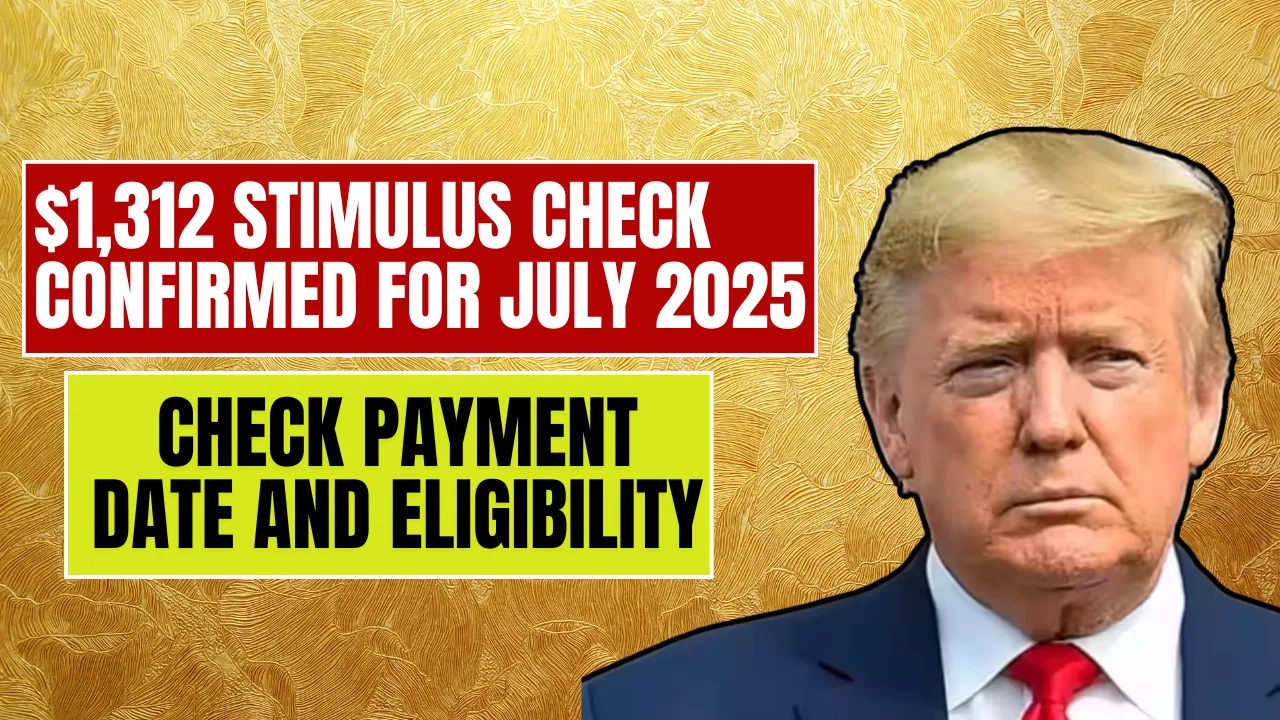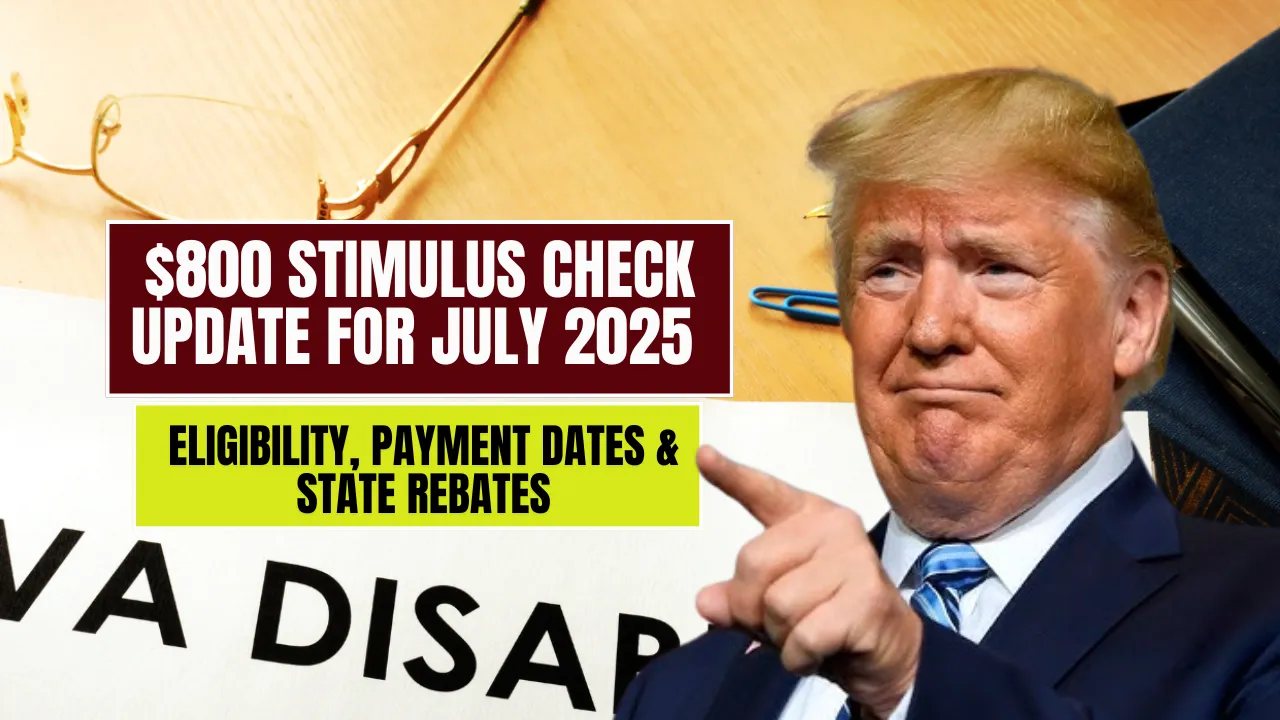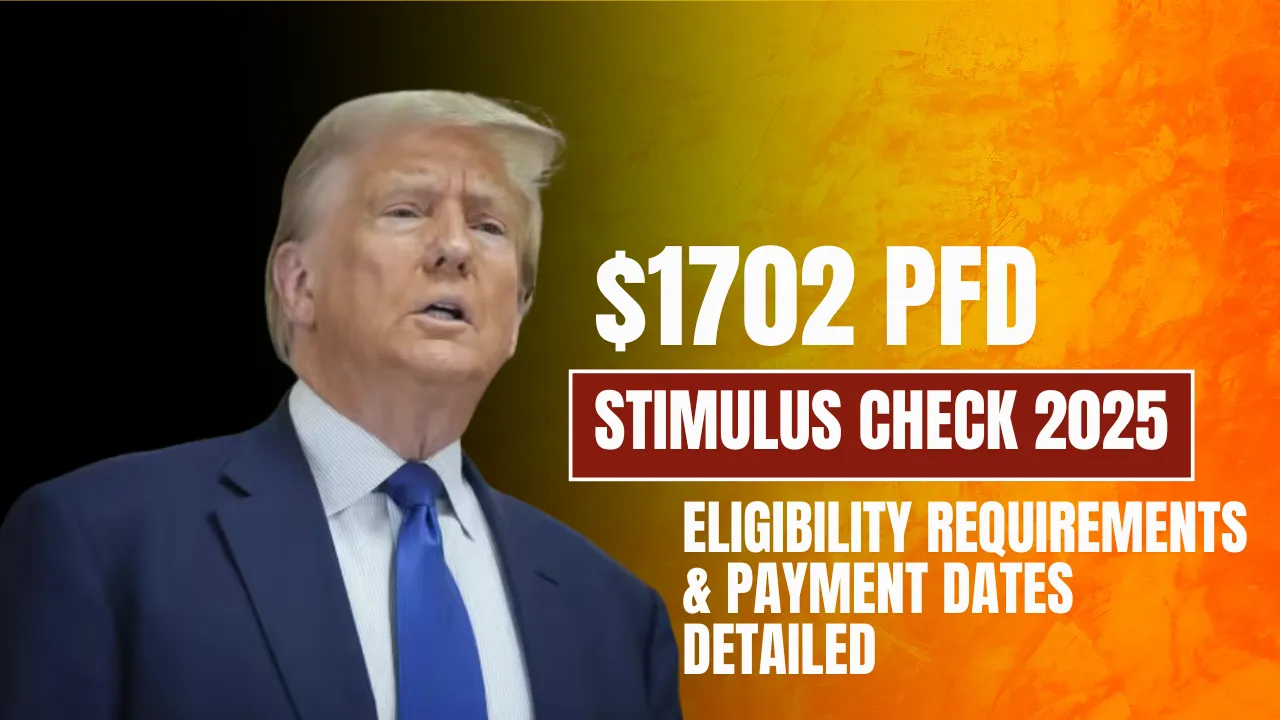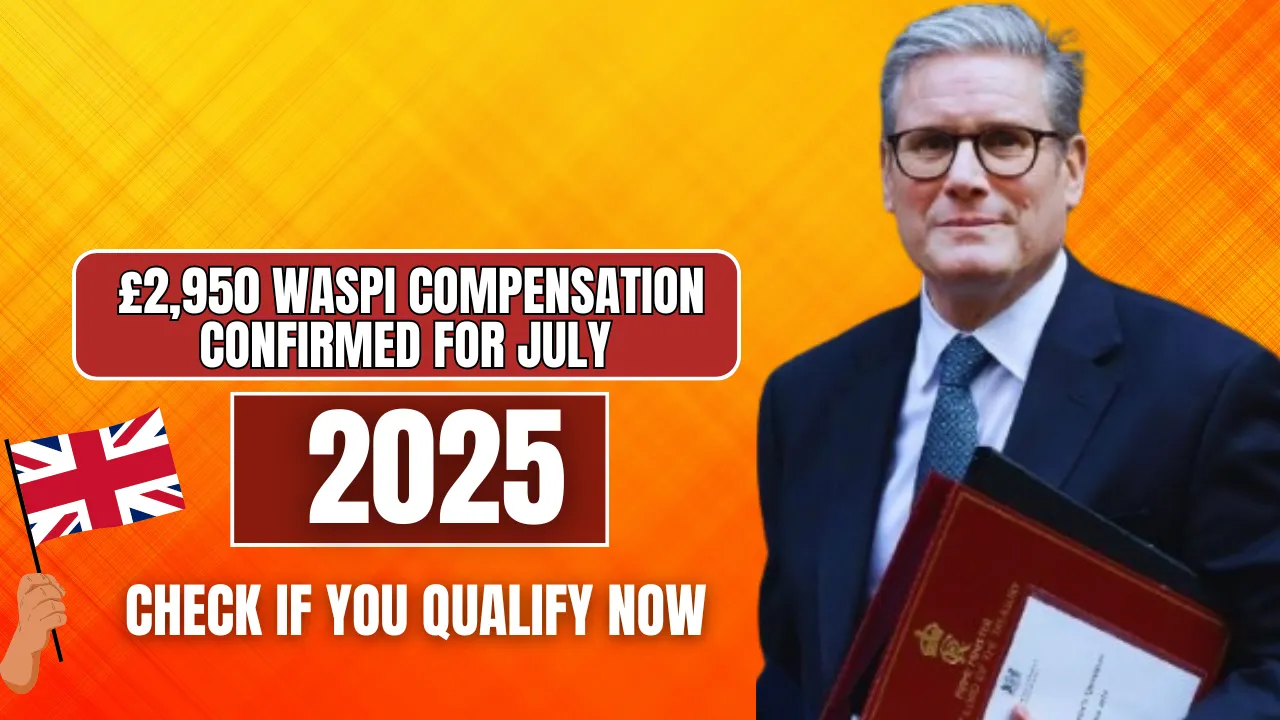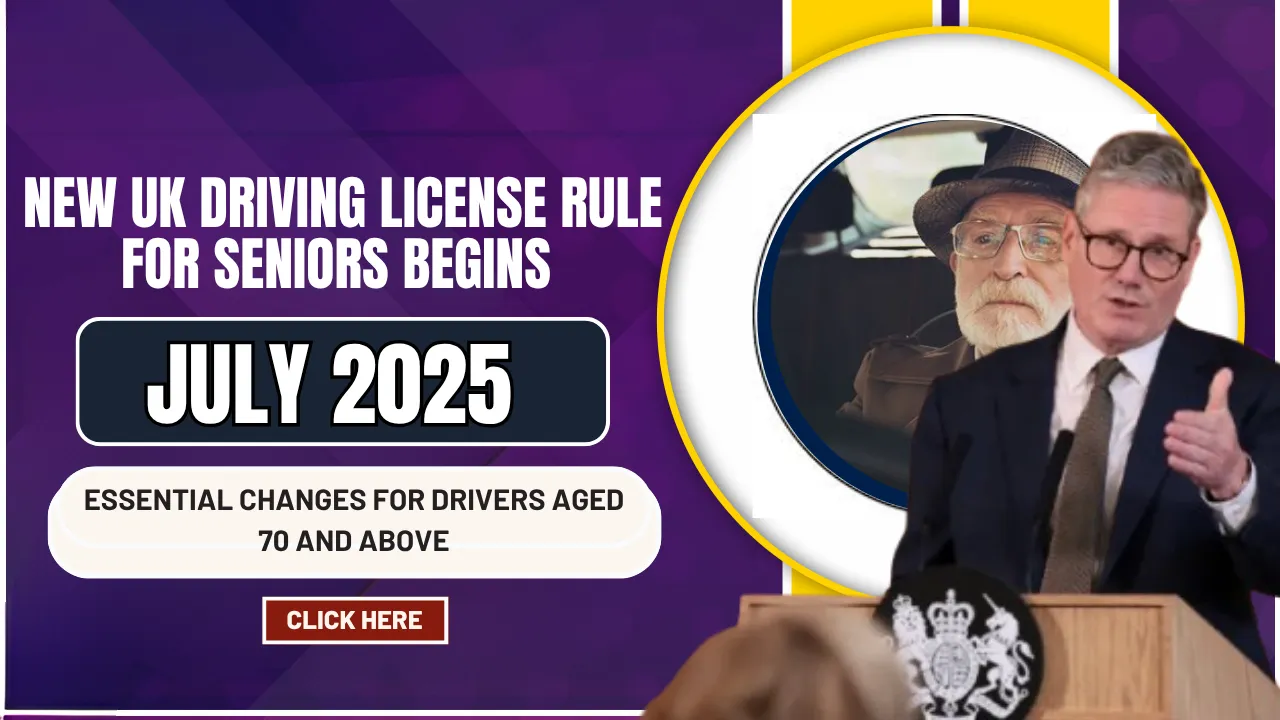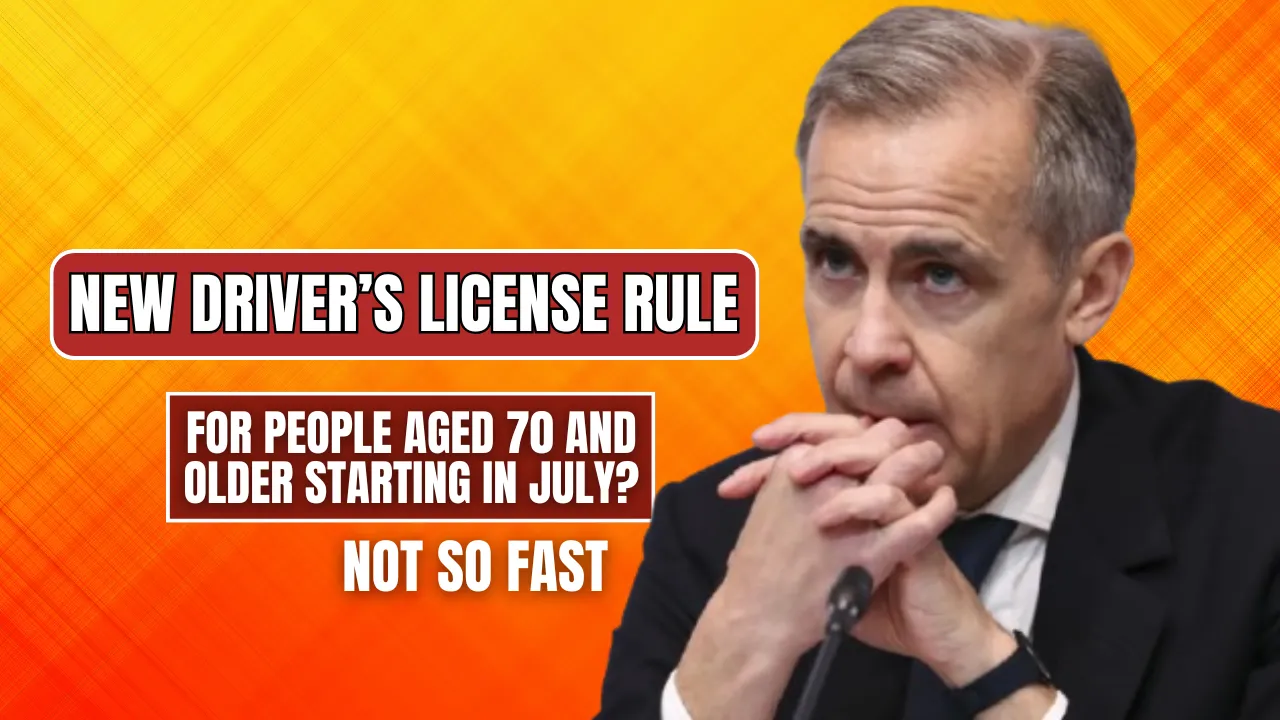Starting July 1 in Virginia, sweeping changes to traffic laws take effect that tighten restrictions on underage drivers—and hold adults legally responsible if they let minors drive. If a teen without a valid license takes your keys and crashes, not only could they face steep fines, but you might also be fined up to $2,500 or even face 12 months behind bars. With this law, Virginia is signaling a clear shift: teenage driving is no longer just a kids’ issue—it’s a family matter, and the stakes are higher than ever.
As families approach the summer driving season, understanding these Driving Law Changes July 1 USA is critical. These updates underscore increased responsibility for parents, car owners, and young drivers. This article explores what the new teen driving law involves, why it was enacted, what other safety measures are rolling out, and how you can stay compliant—and out of legal trouble.
US Driving Law Changes July 1 USA
Virginia’s new teen driver law kicks in July 1 and marks a significant shift in enforcement of underage driving laws. Now, if a car owner knowingly lets an unlicensed teen drive, they face the same penalties as the underage driver. That means up to $2,500 in fines and 12 months in jail on the first offense. Repeat violations or more serious incidents can lead to Class 1 misdemeanor or even felony charges. These provisions aim to prevent unlicensed teen driving, increase parental responsibility, and reduce teen driving accidents, signaling that adults must step in to ensure that novice drivers follow the rules.
| Aspect | Details |
| Who’s affected | Underage unlicensed drivers and adults who knowingly allow them to drive |
| Penalty (first offense) | Fine up to $2,500 and/or up to 12 months in jail |
| Repeat or serious violations | Class 1 misdemeanor, possibly Class 1 felony |
| Vehicle owner’s liability | Applies even if owner is not present, if knowingly allowed the violation |
| Go‑live date | July 1, 2025 |
Virginia’s New Law on Underage Driving
The updated underage driving regulations in Virginia now cover both teen drivers and adults who facilitate their unauthorized driving. Before July 1, only minors risked being penalized for not having a license. With the new rules, enabling an unlicensed minor—even if you’re not behind the wheel—could land you in court. This extension of adult liability, intended to reduce juvenile vehicle accidents, sends a strong message: adults have a duty to monitor and supervise teen drivers properly.
The law also aligns with renewed emphasis on road safety awareness. By targeting those who enable risky behavior, Virginia lawmakers aim to discourage negligence and encourage more structured supervision—such as strictly enforcing practice hours, following graduated licensing rules, and ensuring teens receive proper driver training.
Why the Law Was Passed
Two major forces drove the change: public safety concerns and a family’s heartbreaking loss. According to Delegate W. Chad Green, it’s a tool to help law enforcement hold parents and guardians accountable. More importantly, this law was prompted by a fatal 2019 crash involving a teen who killed Joseph “Gweedo” Guido. His mother, Tammy McGee, turned tragedy into action by founding the Gweedo Memorial Foundation and campaigning for stronger teen driver education and accountability. Her advocacy helped pave the way for enhanced licensing enforcement and tougher consequences to stop unlicensed driving, hoping to prevent future tragedies.
Aside from being legally symbolic, this law has practical goals: to make parents more involved, ensure teens get enough behind-the-wheel practice, and engrain a culture where safe driving isn’t optional—it’s everyone’s job.
More Than Just Driving: Additional Safety Laws
Virginia didn’t stop with teen driving. Two other safety measures passed alongside focus on curbing broader public safety threats:
- Class 5 Felony: Targets threats such as bomb threats or planned mass shootings. These offenses carry 1 to 10 years in prison.
- Class 6 Felony: Addresses mail tampering, fraud, and minor theft. Conviction can result in up to 5 years behind bars.
Together, these measures reflect a statewide strategy to improve road and public safety. Whether it’s threats on the streets or on the highways, Virginia is making a clear statement: reckless behavior has consequences.
Holding Adults Accountable
Central to these law changes is the belief that accountability begins at home. Parents or guardians who knowingly allow teens to drive unlicensed are now equally liable—and that includes even if they aren’t present at the time. The stricter parental supervision laws push adults to take responsibility for every aspect of their teen’s driving—enforcing permit rules, logging supervised hours, and ensuring proper licensing steps are followed.
To support these legal changes, the state is promoting community involvement. Anonymous tip lines, teen driving safety workshops, and educational efforts from organizations like the Gweedo Memorial Foundation are now vital. These tools aim to prevent teen driving violations before they occur, while keeping parents informed and engaged.
FAQs
What is the penalty for letting a minor drive without a license?
You could face up to $2,500 in fines and/or 12 months in jail for a first violation. Serious or repeat offenses may carry misdemeanor or even felony charges.
Who is held responsible under the new law?
The teen who drives unlicensed, plus any adult who knowingly allows it—this includes vehicle owners and parents or guardians.
Why did Virginia pass this law now?
The law responds to a tragic 2019 crash that killed a teen and was championed by the victim’s mother to enforce teen driver responsibility and boost safety education.
What are the other safety laws included in this update?
Virginia also enacted laws targeting bomb threats or inciting violence (Class 5 felonies) and mail fraud or tampering (Class 6 felonies), with prison terms ranging from five to ten years.
When does this law take effect?
The law becomes active on July 1, 2025, affecting teen driving enforcement and adult liability as of that date.
Final Thought
Virginia’s Driving Law Changes July 1 USA represent a major shift in how the state addresses teen driving and public safety. These measures extend accountability beyond novice drivers to the adults who support—or mistakenly enable—them. The result is a stronger culture of responsible driving, one that emphasizes licensed driving, structured supervision, and proactive education.
If you’re a parent, guardian, or teen driver, take action today: review your state’s graduated licensing program, ensure supervised driving hours are meticulously logged, and never let an unlicensed teen behind the wheel. Share this article to inform others, ask questions in the comments below, and join the conversation. Together, we can strengthen road safety, prevent avoidable tragedies, and help teens build good driving habits.
